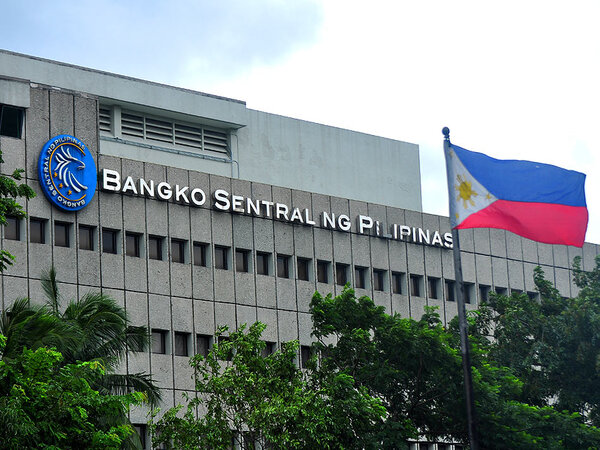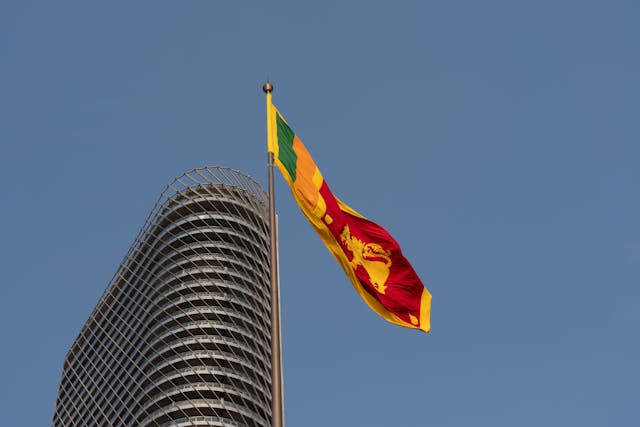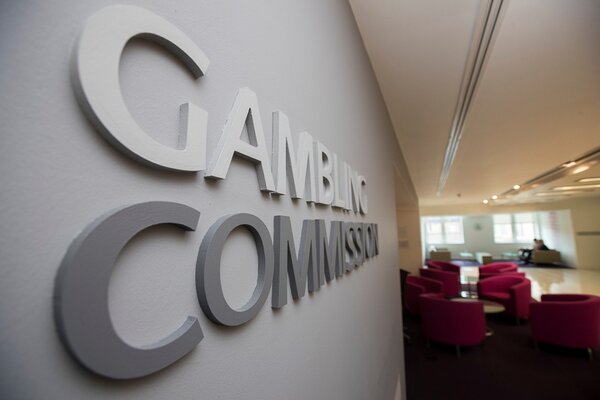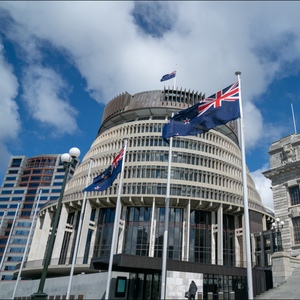
The central bank of the Philippines, Bangko Sentral ng Pilipinas (BSP), has released new policy recommendations aimed at reducing gambling-related product offerings within the nation.
The suggested regulations allow banks and electronic money issuers (EMI) to oversee digital marketplaces, enabling them to offer both their own products and those from third-party vendors via a consolidated online platform.
While these marketplaces may feature a mix of financial and non-financial products, any services connected to gambling are strictly prohibited.
The Philippine Online Gambling Crackdown
The new policies come on the heels of a recent announcement from the Philippine government that banned offshore gambling institutions, as outlined by the new PAGCOR regulations.
As stated by the BSP, gambling-related products and services — including online casinos, sports betting, electronic gaming, and other gambling activities — by banks and EMIs are not allowed.
These restrictions extend to any operations that could potentially harm the credibility of marketplace participants or compromise the integrity of the financial system.
The proposal follows the country’s recent removal from the Financial Action Task Force (FATF) grey list, as well as increasing political pressure to impose a complete ban on all forms of online gambling.
The FATF placed the Philippines on its grey list in June 2021. Being on the list indicates that a country has deficiencies in its anti-money laundering (AML) and counter-terrorism financing (CFT) framework, making it subject to increased monitoring.
Countries on the grey list also face heightened scrutiny from international financial institutions, which can impact foreign investment and cross-border transactions.
After implementing a series of reforms, including stricter AML measures, improved monitoring of financial transactions, and increased oversight of high-risk industries, the Philippines was removed from the grey list in February.
However, part of the conditions for this removal included strengthening oversight of sectors prone to illicit financial activities, including gambling. Online gambling, especially through unregulated platforms, has been flagged as a high-risk sector for money laundering and illicit financial flows.
PAGCOR Criticises Bank Policies
PAGCOR, the country’s regulator of gambling activities, has issued criticism of the new banking policy. Chairman Alejandro Tengco voiced his concerns that the BSP did not engage with the agency prior to the introduction of the draft regulations.
Considering that online gaming constitutes a substantial part of the nation’s gaming revenues — generating PHP48.79bn (€788m) in 2023 — PAGCOR is apprehensive that the new limitations could disrupt a flourishing industry.
In spite of these apprehensions, the BSP seems determined to enhance financial integrity and mitigate potential financial crime risks associated with digital financial transactions.
Should these restrictions be enacted, online gaming operators may be compelled to seek alternative payment processing methods beyond the conventional banking system, which could potentially drive some activities underground.
Potential Ban on All Online Gambling
The Philippine’s tightening of gambling regulations, coupled with the new anti-gambling policies, led to suspicions that a blanket ban on online gambling may be coming in the near future.
The BSP’s draft guidelines have surfaced in response to increasing political and public demands for a complete prohibition of online gambling in the Philippines.
The online gambling sector, especially Philippine Offshore Gaming Operators (POGOs), has faced significant scrutiny due to allegations of financial crimes, human trafficking, and various other illegal activities linked to the industry.
In recent months, both lawmakers and advocacy organizations have advocated for more stringent regulations, if not an outright prohibition, on all online gambling activities.
Importantly, Senate leaders and government bodies have voiced their concerns regarding the adverse social and economic consequences of online gambling. Some officials contend that the industry has evolved into a center for illegal activities, including money laundering and fraud.
Legislators such as Sen. Sherwin Gatchalian and Senate President Juan Miguel Zubiri have publicly demanded a total cessation of POGO operations, citing risks to national security and potential harm to the Philippines’ reputation.
In December 2023, the Philippine House of Representatives passed a resolution advocating for a thorough investigation into the social and economic impacts of online gambling, a decision that many viewed as a precursor to a comprehensive ban.
Furthermore, China, a significant player in the POGO industry due to its substantial population of Chinese gamblers, has consistently urged the Philippine government to terminate offshore gambling operations that unlawfully target Chinese nationals.









































 Roulette
Roulette
 Blackjack
Blackjack
 Baccarat
Baccarat
 Poker
Poker
 Sic Bo
Sic Bo
 Dragon Tiger
Dragon Tiger
 Game Shows
Game Shows  Top 5 Games
Top 5 Games  See more
See more  Roulette Casinos
Roulette Casinos  Low Limit
Low Limit  High Limit / VIP
High Limit / VIP  Exclusive
Exclusive  How to Play
How to Play  Basic Strategy
Basic Strategy  Top Tips
Top Tips  FAQ
FAQ  Blackjack Casinos
Blackjack Casinos  Baccarat Casinos
Baccarat Casinos  Bonuses
Bonuses  Poker Casinos
Poker Casinos  Game Providers
Game Providers  Sic Bo Casinos
Sic Bo Casinos  Dragon Tiger Casinos
Dragon Tiger Casinos  Credit and Debit Card
Credit and Debit Card  e-Wallet
e-Wallet  Cryptocurrency
Cryptocurrency  Bank and Checks
Bank and Checks  Pay by Phone and SMS
Pay by Phone and SMS  See more
See more  How-To Guides
How-To Guides  Top Lists
Top Lists  In-Depth
In-Depth  Strategy
Strategy  Casino & Games
Casino & Games  Insight
Insight  News
News  Promotions
Promotions 
 Guide to Live Casinos
Guide to Live Casinos  Top 10 Live Casino Tips
Top 10 Live Casino Tips  Studio Locations
Studio Locations  FAQ & Help
FAQ & Help  Meet The Dealers
Meet The Dealers  Our Awards
Our Awards  How We Rate
How We Rate  Responsible Gambling
Responsible Gambling 




























 ENG
ENG 

 Facebook
Facebook
 Pinterest
Pinterest
 Twitter
Twitter
 LinkedIn
LinkedIn
 Copy Link
Copy Link 






























